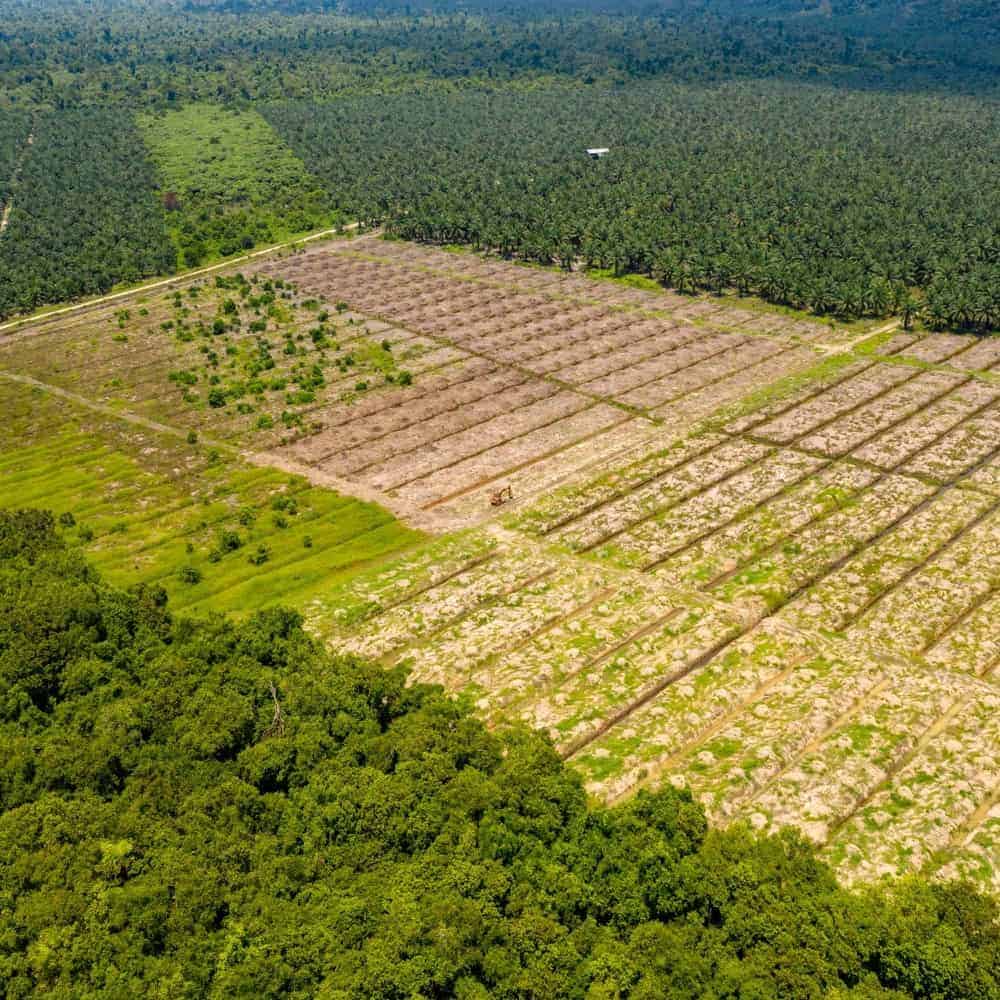
The Ripple Effect: Unraveling the Impact of Deforestation on Biodiversity
In the intricate tapestry of our planet’s ecosystems, the lush expanse of forests plays a pivotal role. However, the alarming rate at which deforestation is occurring worldwide is unraveling this delicate balance and posing a severe threat to biodiversity. In this exploration of the impact of deforestation on biodiversity, we’ll delve into the consequences of clearing vast expanses of forests, the interconnected web of life that suffers as a result, and why it’s important to take care of nature.
Deforestation Defined
Deforestation, the large-scale clearing of forests for various purposes such as agriculture, logging, and urbanization, has become a pressing environmental concern. As trees are felled and ecosystems disrupted, the repercussions extend far beyond the visible landscape.
Loss of Habitat
 One of the most immediate and profound impacts of deforestation is the loss of habitat for countless species. Forests are not just clusters of trees; they are intricate ecosystems that provide a home for an astonishing variety of plants, animals, and microorganisms. With trees disappearing, animals lose their natural dwelling places, leading to displacement, stress, and ultimately threatening their survival.
One of the most immediate and profound impacts of deforestation is the loss of habitat for countless species. Forests are not just clusters of trees; they are intricate ecosystems that provide a home for an astonishing variety of plants, animals, and microorganisms. With trees disappearing, animals lose their natural dwelling places, leading to displacement, stress, and ultimately threatening their survival.
Biodiversity Hotspots at Risk
 Many forests around the world are considered biodiversity hotspots, teeming with unique and often endangered species. The Amazon rainforest, for instance, is home to an estimated 390 billion individual trees representing roughly 16,000 different species. When these habitats are decimated, the richness and diversity of life within them are severely compromised, pushing many species to the brink of extinction.
Many forests around the world are considered biodiversity hotspots, teeming with unique and often endangered species. The Amazon rainforest, for instance, is home to an estimated 390 billion individual trees representing roughly 16,000 different species. When these habitats are decimated, the richness and diversity of life within them are severely compromised, pushing many species to the brink of extinction.
Disruption of Ecological Balance
Forests contribute significantly to the maintenance of ecological balance. The intricate relationships between plants, animals, and microorganisms create a harmonious system where each species has a role to play. Deforestation disrupts this delicate equilibrium, triggering a cascade effect. For instance, the loss of certain tree species may impact the availability of food sources for herbivores, leading to a decline in their populations and subsequently affecting predators further up the food chain.
Climate Change Amplification
Forests act as vital carbon sinks, absorbing carbon dioxide from the atmosphere and mitigating climate change. When trees are cut down and forests are cleared, not only does this reduce the planet’s capacity to absorb carbon, but it also releases stored carbon back into the atmosphere. This contributes to the greenhouse effect, intensifying climate change and its associated impacts on global weather patterns.
Conclusion
Deforestation is undeniably a threat to the rich tapestry of biodiversity that sustains life on Earth. Understanding the multifaceted consequences of deforestation serves as a call to action, urging us to prioritize conservation efforts and collectively work towards safeguarding the irreplaceable wonders of our natural world. Through responsible choices and a commitment to environmental stewardship, we can strive to reverse the tide of deforestation and preserve the diverse ecosystems that make our planet truly remarkable.